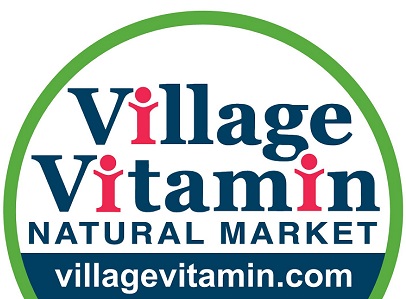Pharmaceutical drugs marketed for anxiety have numerous side effects. But botanicals and nutrients exist that can stimulate neurotransmitter synthesis and adjust brain chemisty naturally, effectively, and safely. That said, be sure to talk with your healthcare provider before taking any substance, botanical or nutritional, that is new to your regimen; it may be counterindicated depending on your health profile and the meds or supplements you already take.
SAMe (S-adenosylmethionine), formed when methionine combines with adenosine triphosphate (ATP), has proven to be an effective antidepressant. This supplement is considered safe.
A calming amino acid, gamma aminobutyric acid (GABA) is necessary for brain metabolism and proper functioning. It decreases neuronal activity and inhibits nerve cells from overfiring. In combination with niacinamide and inositol, GABA works to prevent anxiety- and stress-related signals from reaching motor centers in the brain, helping to calm the body. Too much GABA can increase anxiety.
Omega-3 fatty acids, along with other essential fatty acids, are necessary for normal brain function and for rebuilding and producing new cells. Omega 3s in fish oil have proven useful for those with mild depression.
Research has been shining the spotlight on the benefits of probiotics (friendly bacteria), and in addition to easing intestinal discomforts, they’ve been shown to improve mood and alleviate symptoms of stress and anxiety. An added bonus, probiotics may also enhance immune function, helping you stave off colds and flu.
Helpful Botanicals
St. John’s wort (Hypericum perforatum L.), used for decades in Europe for treating mild to moderate depression, is also known to boost immune function. A number of clinical trials support its efficacy, but use with caution as it can interfere with numerous medications, including antidepressants.
Elderberry (Sambucus nigra) has been shown to fight several viruses and shorten the duration of symptoms. It too appears to have immune-boosting effects.
Astragalus, an immunomodulatory used in traditional Chinese medicine, is an antiviral and antibacterial that helps prevent infections and boosts immune response.
Adaptogens are herbs that appear to help the mind and body cope with stress and regain balance. These include ashwagandha, rhodiola, and holy basil.
Finally, don’t underestimate the calming effects found in herbal tinctures or teas, including lemon balm, known to reduce anxiety and encourage restful sleep. Lavender, an herb used also in aromatherapy, relieves stress and lifts mood.

